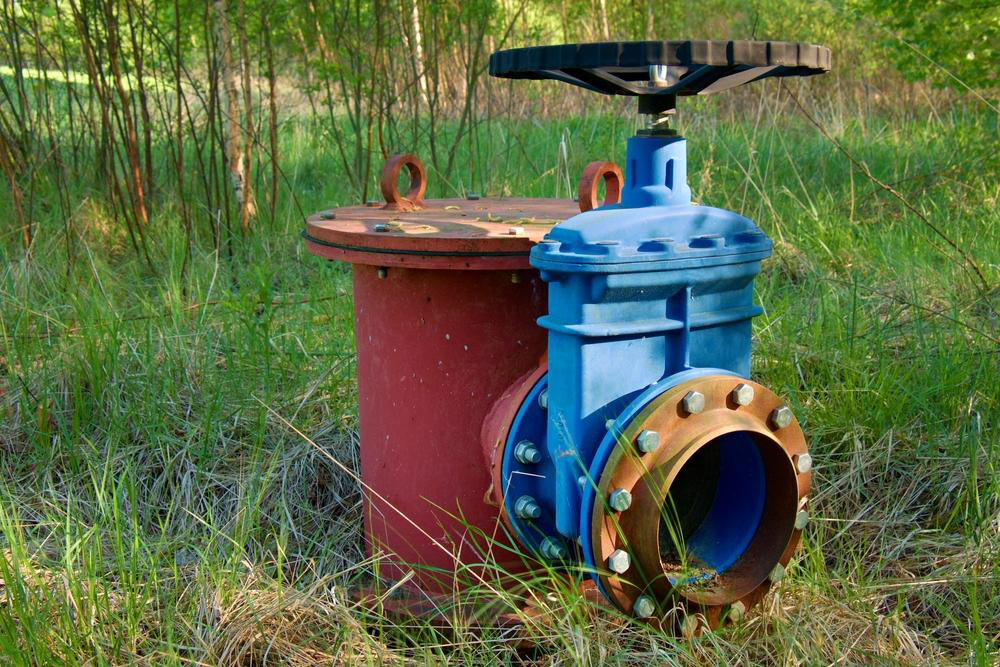How to maintain a septic system
Septic systems help dispose of household waste, treat the wastewater, and help prevent the contamination of surrounding land, groundwater and surface water. Proper maintenance of the septic system helps prevent these health hazards.
Understanding septic systems
Your septic system consists of many different parts that control the flow of wastes.
Septic tanks
All the waste water from your house flows into the septic tank. Solids sink to the bottom where bacteria breaks them down and converts the solids into gases and sludge.

The outlet
A T-shaped outlet regulates the outflow and prevents scum and sludge from flowing out of the tank.
The drain field
This is the area where pumped out wastewater is safely disposed. A network of pipes is laid out on a section of land with gravel-filled trenches. The water flows through the pipes, through the gravel, and then enters the ground.
How to go about maintenance
Proper septic system maintenance not only benefit individual households, but they prevent land and water contamination too.
Inspection
You should preferably have a maintenance contract with a septic system maintenance provider. Every year, you should call a professional to inspect the tank, sludge and scum levels. If the bottom of the scum layer is within six inches of the T-shaped outlet, or if the top of the sludge layer is within 12 inches of this outlet, the inspector will alert you about the need to pump the tank.
Besides this, if you notice any seepage, detect foul smells, have blocked drainages, hear gurgling sounds in the drain pipes and so on, call your septic system maintenance provider to carry out an inspection.
Pump the tank
Every three years, you need to pump the tank as this will keep the septic system in good working order.
Good practices to help maintain the health of your septic system
All the wastewater you generate, from your bathroom, toilets, your kitchen, and every other area that has a drain outlet, flows into the septic tank. This tank has a limited capacity. To prevent overflows, control your water usage. A typical household of three is said to generate around 300 gallons of wastewater each day.
- If you have an old flush system in your toilet, switch to a new system that uses lesser water.
- Use water regulators like faucet aerators and flow regulators in showers to restrict water usage.
- Use your washing machine only when you have enough clothes for a full load.
- Never flush down solids like diapers or napkins, cigarette butts, oils, paints, chemicals, egg or nut shells, etc. down the toilet.
- Restrict the usage of chemical drain cleaners.
- Don’t use your drain outlets to dispose of substances like solvents, paints, floor cleaners, etc. These can destroy the good bacteria that reside in the septic system and also contaminate the surface and groundwater.
- Do not cover your drain field with concrete or plastic. They restrict the flow of air and cut off the oxygen needed by the bacteria to break down waste. Grass is the ideal cover for a drain field.
- Divert water that flows from the roof, patios, paved walkways, etc. away from the drain field.
- Never use the drain field as a parking area for vehicles.
Adopting these good practices, scheduling periodic inspections, and pumping the septic tank can all work together to keep your septic system functioning well.















